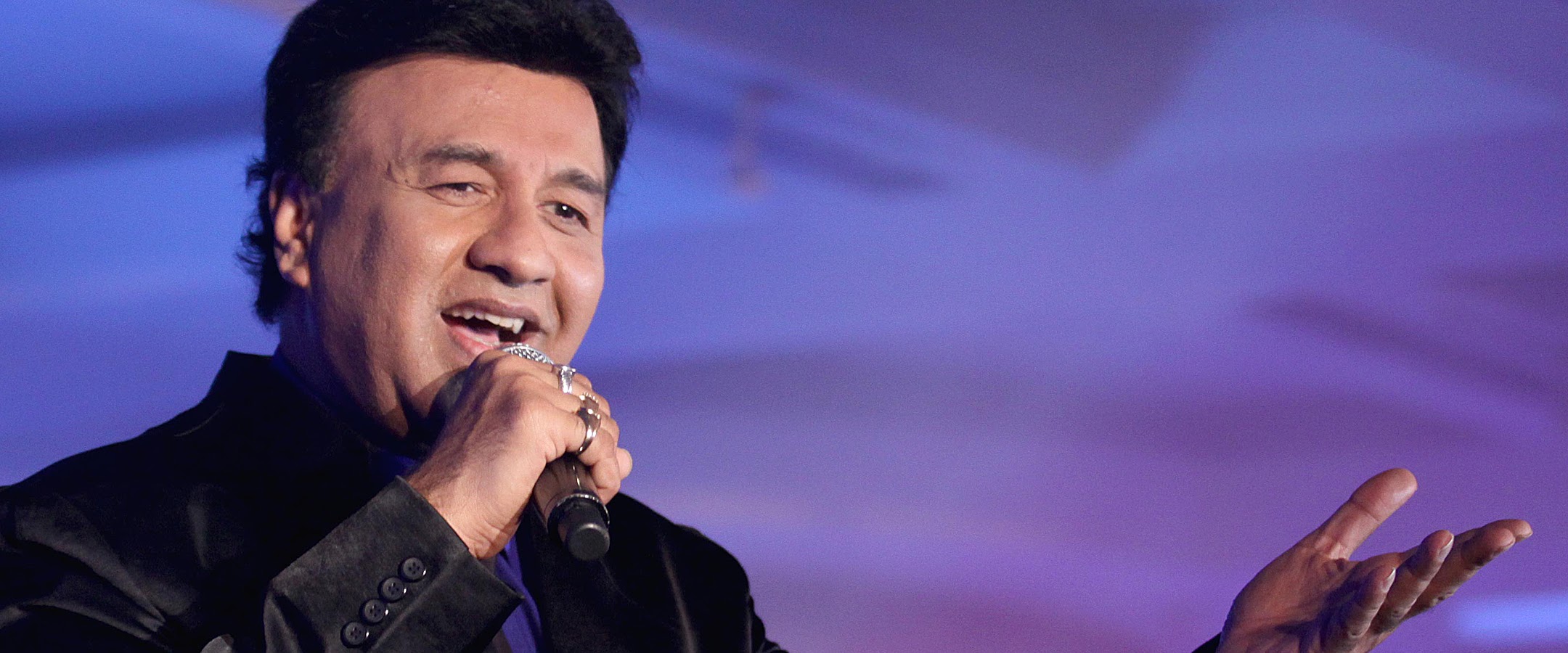
In the world of Bollywood music, few names resonate as powerfully as Anu Malik. Known for his distinctive compositions and pioneering spirit, Malik has been instrumental in shaping the sound of Bollywood from the late 1970s through the modern era. With a career spanning over four decades, Anu Malik’s musical journey is a testament to talent, resilience, and an unyielding passion for innovation. Through his work, Malik has not only delivered unforgettable melodies but also redefined Bollywood music’s very core, leaving an indelible mark on Indian cinema.
This article delves into Malik’s influence on Bollywood, exploring how he became an essential part of its musical evolution, the iconic songs that defined his career, and his lasting legacy in Indian music.
The Early Years: A Blend of Tradition and Modernity
Born into a musical family, Anu Malik inherited his love for music from his father, Sardar Malik, a respected music composer. Under his father’s guidance, Anu developed a keen understanding of both classical Indian music and Western influences. This early education laid a solid foundation for Malik, who seamlessly blended these elements throughout his career. His compositions often feature a mix of traditional Indian instruments like the tabla and sitar, balanced with Western influences, creating a sound that was both nostalgic and refreshingly new.
Malik’s initial foray into Bollywood wasn’t without its struggles. Like many aspiring composers, he had to prove himself in an industry dominated by established figures. His early work, however, showed great promise, and it wasn’t long before his talent caught the attention of filmmakers. Films like Ek Jaan Hain Hum and Mard offered glimpses of Malik’s unique style, but it was his work in the 1990s that truly established him as a force to be reckoned with in Bollywood.
A Decade of Hits: Defining the 1990s Bollywood Sound
The 1990s marked a golden era for Bollywood music, and Anu Malik was at the forefront of this musical revolution. His compositions in films like Baazigar, Main Khiladi Tu Anari, Judwaa, and Border became instant hits, with audiences humming his tunes long after leaving the theaters. Malik had a knack for creating catchy, energetic tracks that appealed to both the masses and the classes, a talent that helped him remain in high demand during this period.
One of Malik’s defining qualities was his ability to adapt to the changing tastes of Bollywood audiences. As the industry shifted towards a more youthful and upbeat sound, Malik responded with compositions that were innovative, high-energy, and fresh. Songs like “Ye Kaali Kaali Aankhen” from Baazigar and “Oonchi Hai Building” from Judwaa became defining tracks of the 90s. These songs were not only commercial successes but also played a significant role in defining the genre of Bollywood pop, establishing Malik as a true trendsetter.
Expanding Musical Horizons in the 2000s
As Bollywood continued to evolve in the 2000s, so did Anu Malik’s approach to music. This era saw the rise of more complex, story-driven films, and Malik responded with compositions that were both nuanced and emotionally resonant. His work in films like Refugee and Filhaal showcased his ability to create soulful melodies that complemented the narrative, with songs like “Panchhi Nadiya” and “Filhaal” capturing the audience’s emotions beautifully.
Perhaps one of Malik’s most significant contributions during this period was his work in LOC Kargil and Mujhe Kuch Kehna Hai. These films allowed Malik to explore themes of patriotism and romance in new ways, using his music to underscore the intensity and drama of the stories. His dedication to quality and innovation kept him relevant even as Bollywood continued to welcome new composers.
Collaborations and Mentorship: Leaving a Legacy
Anu Malik’s influence extends beyond his compositions. Throughout his career, Malik has collaborated with a wide range of singers, including Sonu Nigam, Alka Yagnik, Kumar Sanu, and Sunidhi Chauhan, to name a few. These collaborations have resulted in some of Bollywood’s most memorable songs and have also helped launch and establish many successful music careers.
Malik has also played a significant role as a mentor, judging popular singing competitions like Indian Idol. Through these shows, he has provided guidance and support to aspiring singers and composers, nurturing the next generation of talent. Malik’s involvement in these platforms has allowed him to share his knowledge and experience with a younger audience, further cementing his legacy in Bollywood.
The Lasting Impact of Anu Malik’s Music
Anu Malik’s contribution to Bollywood is not limited to his songs. His music has become part of India’s cultural fabric, with his tracks being played at weddings, festivals, and family gatherings across the country. Malik’s work has transcended generational divides, appealing to audiences young and old. His songs are known for their catchy beats, heartfelt lyrics, and the way they capture the spirit of Bollywood.
While Malik has faced criticism and controversies, his dedication to music has never wavered. His ability to reinvent himself and his willingness to experiment with new sounds and styles have allowed him to maintain his status as one of Bollywood’s top composers.
Conclusion
Anu Malik’s journey is a reflection of Bollywood’s own evolution, from classic melodies to modern beats, from love ballads to patriotic anthems. Through his music, Malik has told stories that resonate with audiences worldwide, establishing himself as a true architect of Bollywood’s musical landscape. His contributions have shaped not only the industry but also the way we experience Bollywood music.
As Bollywood moves into a new era, Anu Malik’s influence remains as strong as ever. His compositions continue to inspire and entertain, proving that great music truly has the power to transcend time. Whether you’re a long-time fan or a new listener, Anu Malik’s music offers a timeless soundtrack to life’s many moments.
Rediscover the legacy of Anu Malik by exploring his iconic tracks on music streaming platforms. Listen, reminisce, and celebrate the music that has been a part of Bollywood’s heart and soul for decades.







